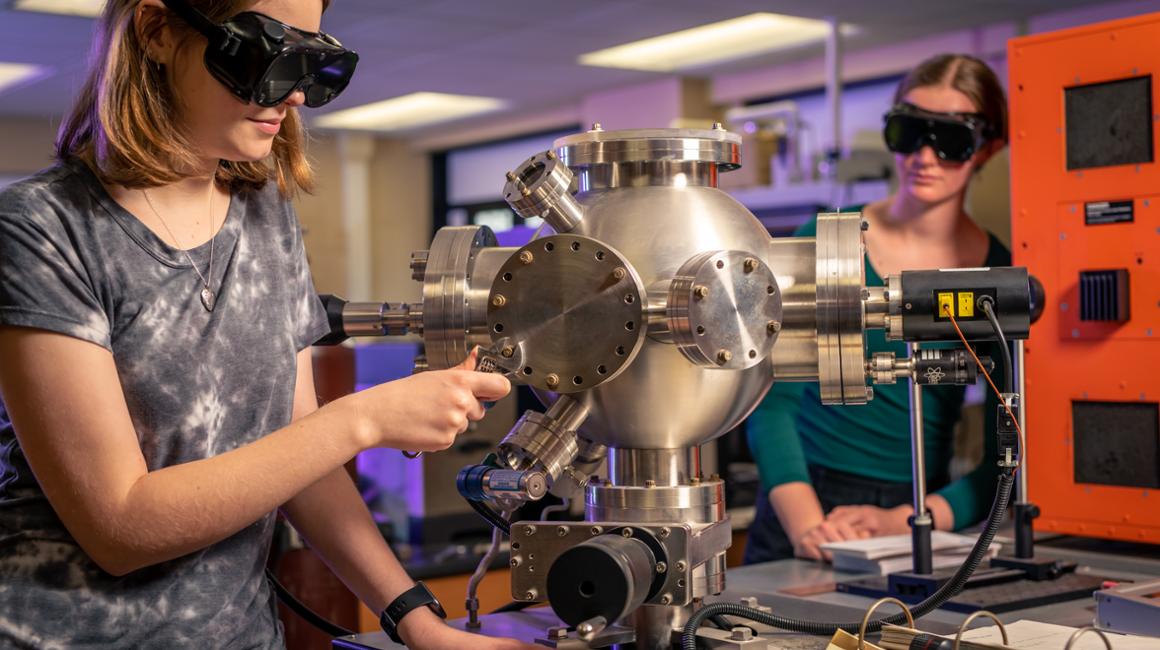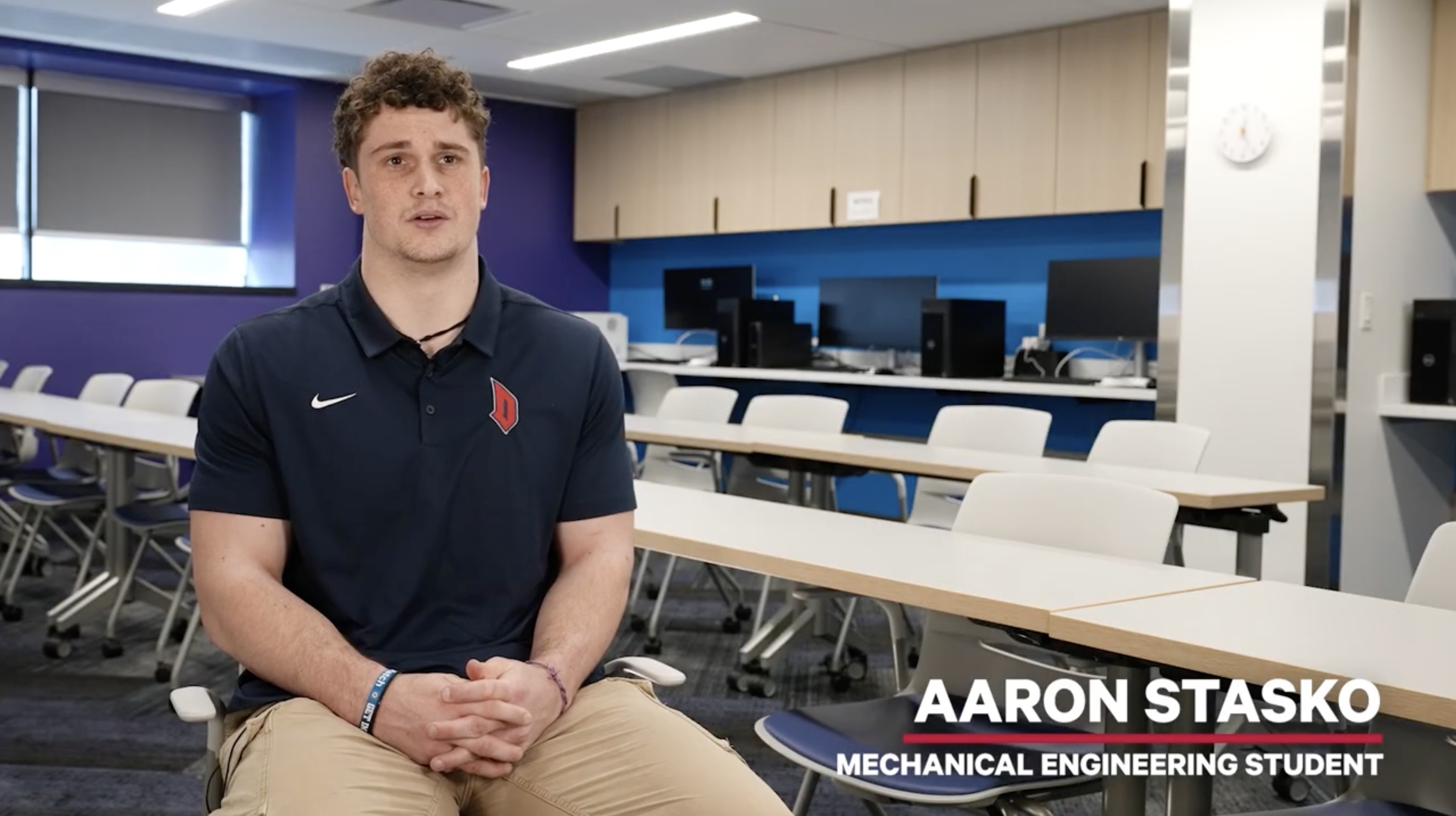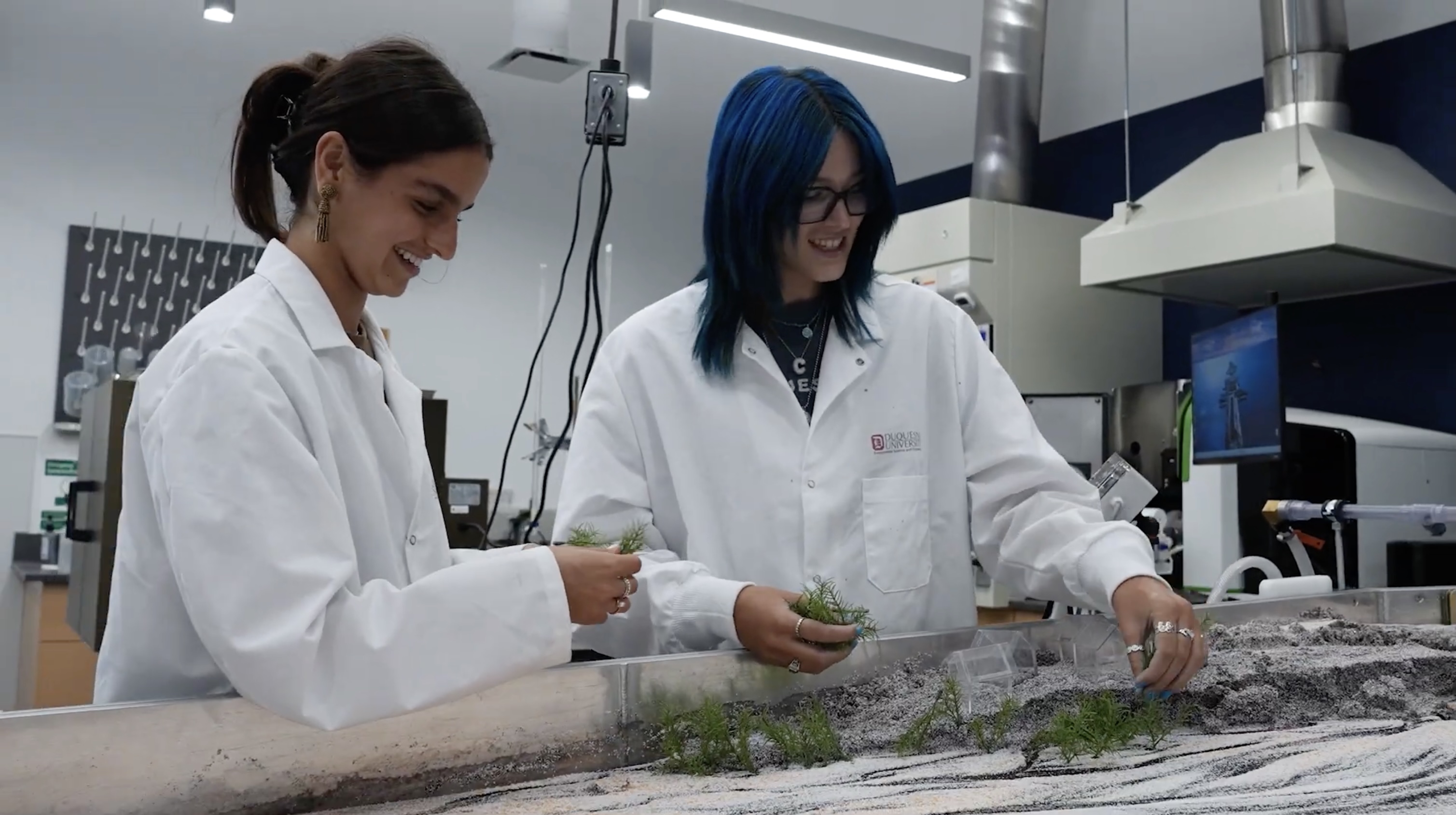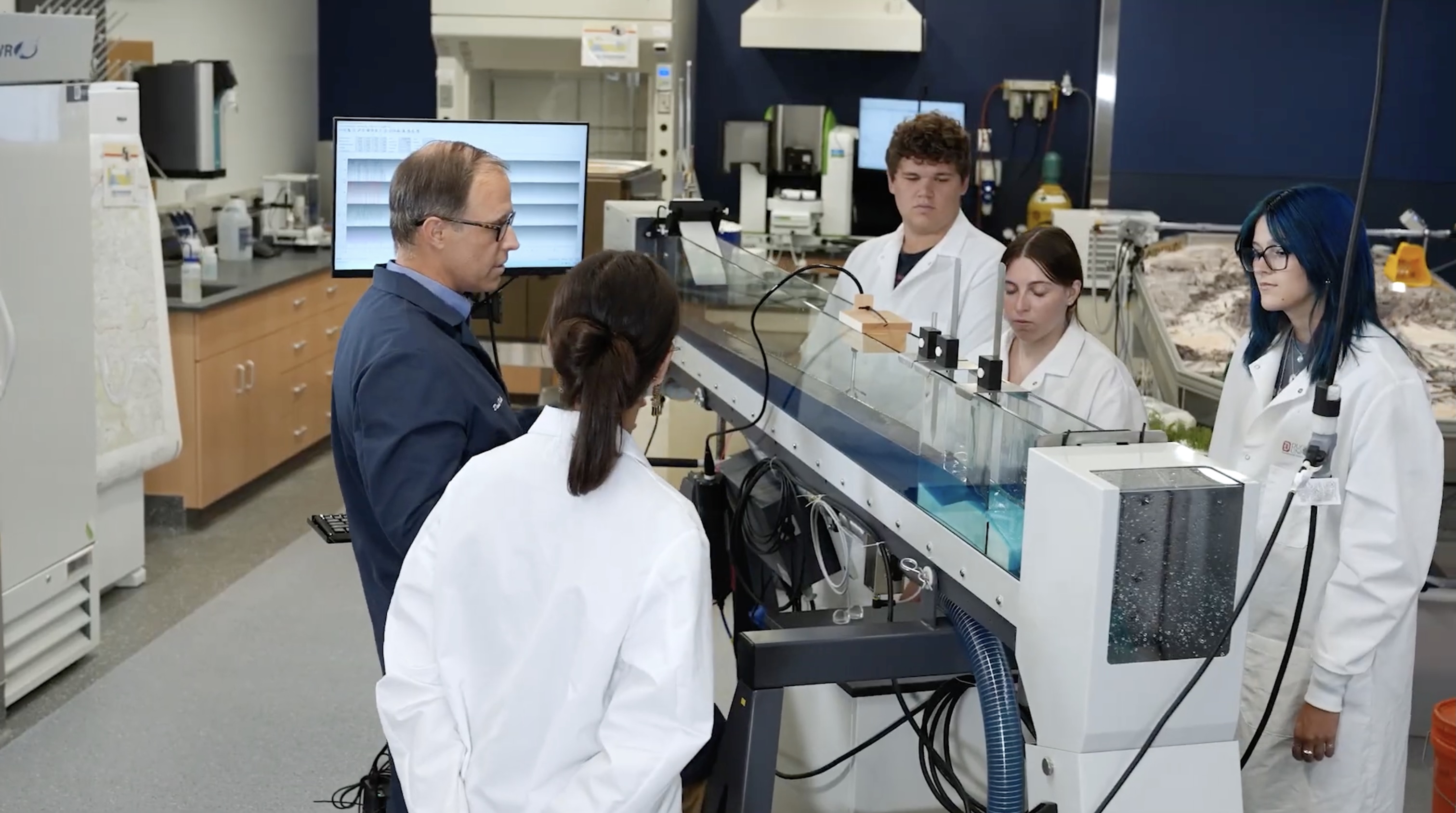General Engineering BS
Duquesne University's General Engineering program offers a dynamic educational experience characterized by a strong track record of success and a commitment to ethical decision-making. With a focus on building a solid foundation in engineering, the program provides students with valuable guidance and hands-on experience.
As a nationally ranked research institution, Duquesne offers a wide range of opportunities in the sciences and engineering. The focused class sizes ensure that you have easier access to faculty and resources, making it easier for you to pursue challenging opportunities that may be harder to find in larger programs.
Early on, you will have access to project design spaces and labs, allowing you to develop practical skills and produce high-quality work. The dedicated faculty, with decades of experience, are here to offer you support and accessibility to help you make meaningful progress in your academic journey.
Duquesne University strikes a perfect balance between providing you with diverse opportunities and maintaining a close-knit community. This means you can access world-class faculty and facilities while forming lasting friendships. This combination of resources equips you to delve deep into your studies and graduate well-prepared for various career paths.
Program Information
Our General Engineering program offers a comprehensive education, blending theory and hands-on experience to prepare students for a wide range of engineering disciplines.
Program Type
Major
Degree
Bachelor's
Academic Department
Engineering
Duration
4-year
Required Credit Hours
131
Modality
In-Person
Real Students. Big Goals.
A Place to Research, Connect and Thrive
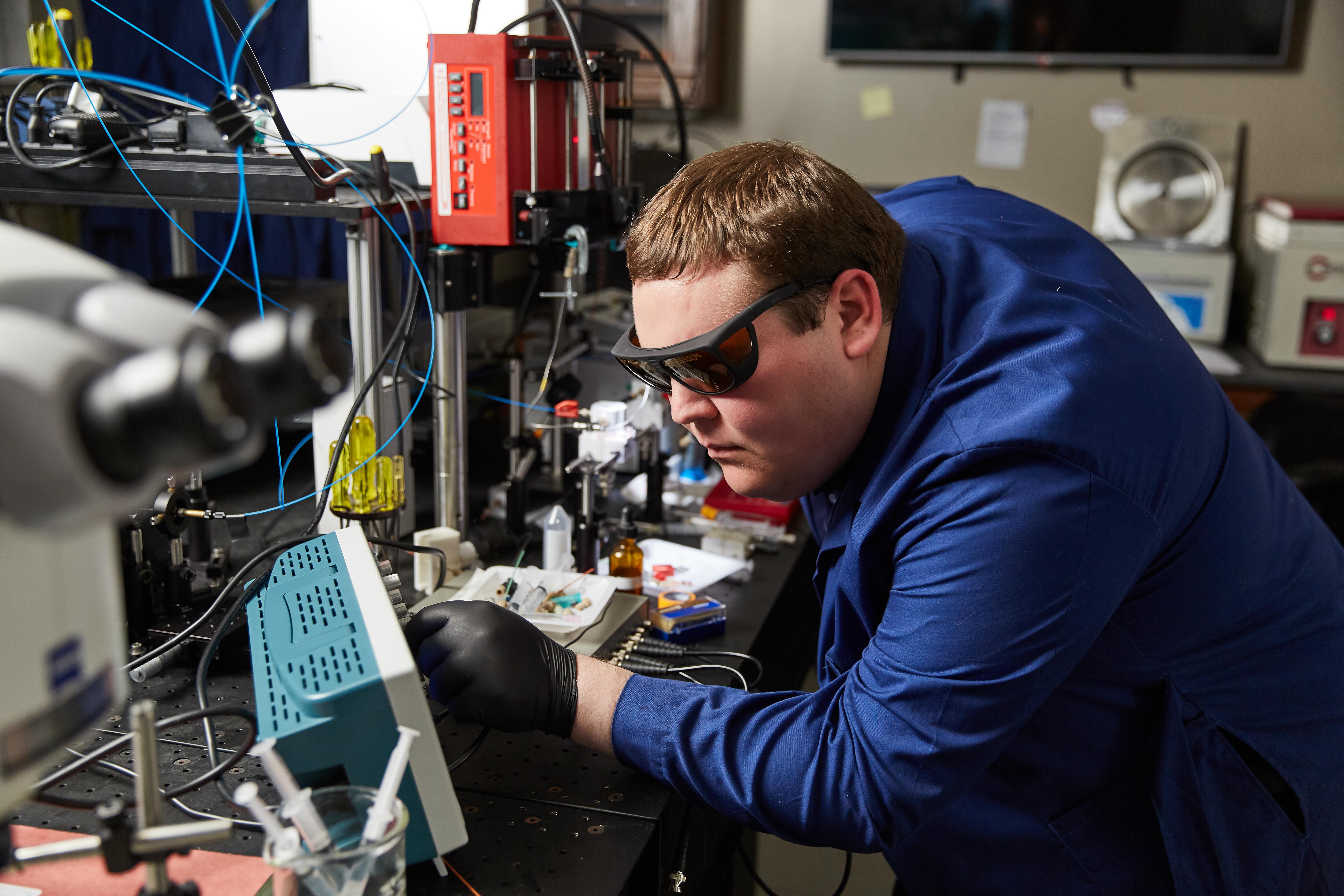
Experience Research That Moves Science Forward
Within the School of Science and Engineering, you'll work alongside faculty members, immersing yourself not only in the fundamentals of scientific research and engineering design but also in the pursuit of larger scientific goals. This engagement often leads to co-authoring publications in preeminent scientific journals such as the Journal of Biological Chemistry, Scientific Reports, Journal of the American Chemical Society (JACS) and more.

Find Your People
You can explore your interests through approximately 14 student organizations, which are open to science and engineering majors. These options include joining the American Chemical Society, the Biomedical Engineering Society, the Society of Women Engineers, and the Multicultural STEM Group, among others, to connect with like-minded peers and pursue your passions.

Big Possibilities in a City Built for Innovation
Duquesne University is nestled in the heart of Pittsburgh, a city with 90 diverse neighborhoods where everyone can be themselves. Repeatedly ranked among the most livable cities, Pittsburgh offers a vibrant mix of opportunities just a few blocks from campus, including Fortune 500 companies, nonprofit organizations and startups for work — and three major league sports teams for play!
Choose the engineering degree that supports your bigger goals. Contact me, your Enrollment Coordinator, to get started on your general engineering
path. This is the curriculum for the General Engineering program, encompassing 131 credits. ABET accreditation ensures that our programs meet rigorous global standards for engineering
education, giving students a strong foundation to innovate, pursue professional licensure,
and succeed in careers around the world. It also enhances employment opportunities
and eligibility for federal aid and international recognition.Find The Engineering Program For You
I Can Help You Reach Your Bigger Goals!
Lexie Vincenty

Curriculum
Spring Semester (17 credits)
Spring Semester (16 credits)
Spring Semester (17 credits)
Spring Semester (15 credits)
Learning Outcomes
Accreditation


